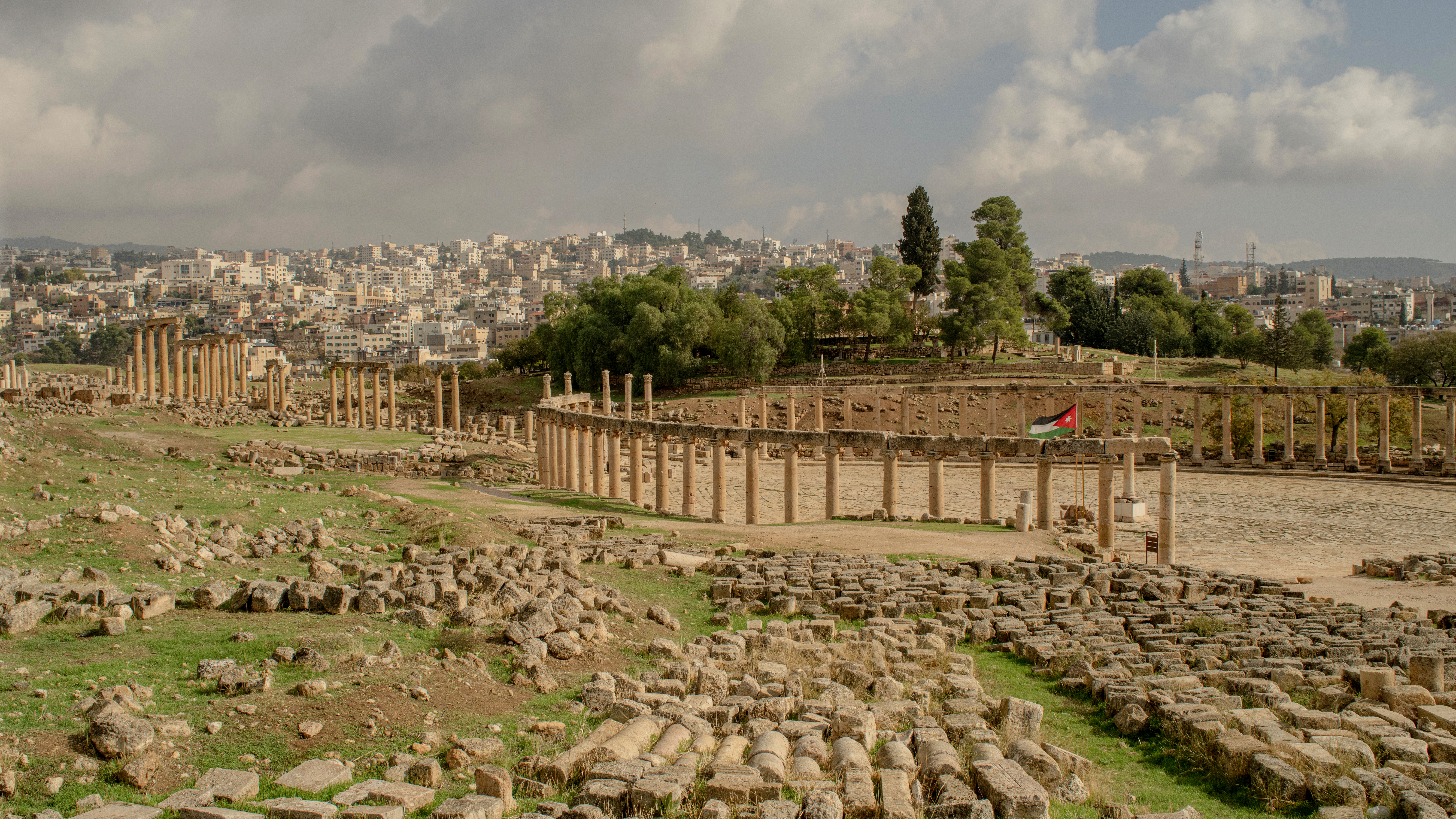‘We saw an immediate drop’: Jordan’s tourism industry is suffering amid the Israel-Hamas war
The ancient Roman ruins of Jerash, on the outskirts of Amman, Jordan, represent one of the best-preserved Roman cities.
Here, gladiators once competed in chariot-racing contests as spectators watched from the stone seats.
Dhirar Atmeh grew up in the area.
“When I used to come, and you know, see people come in as tourists, I said ‘this is my thing. This is where I should go,’” he said.
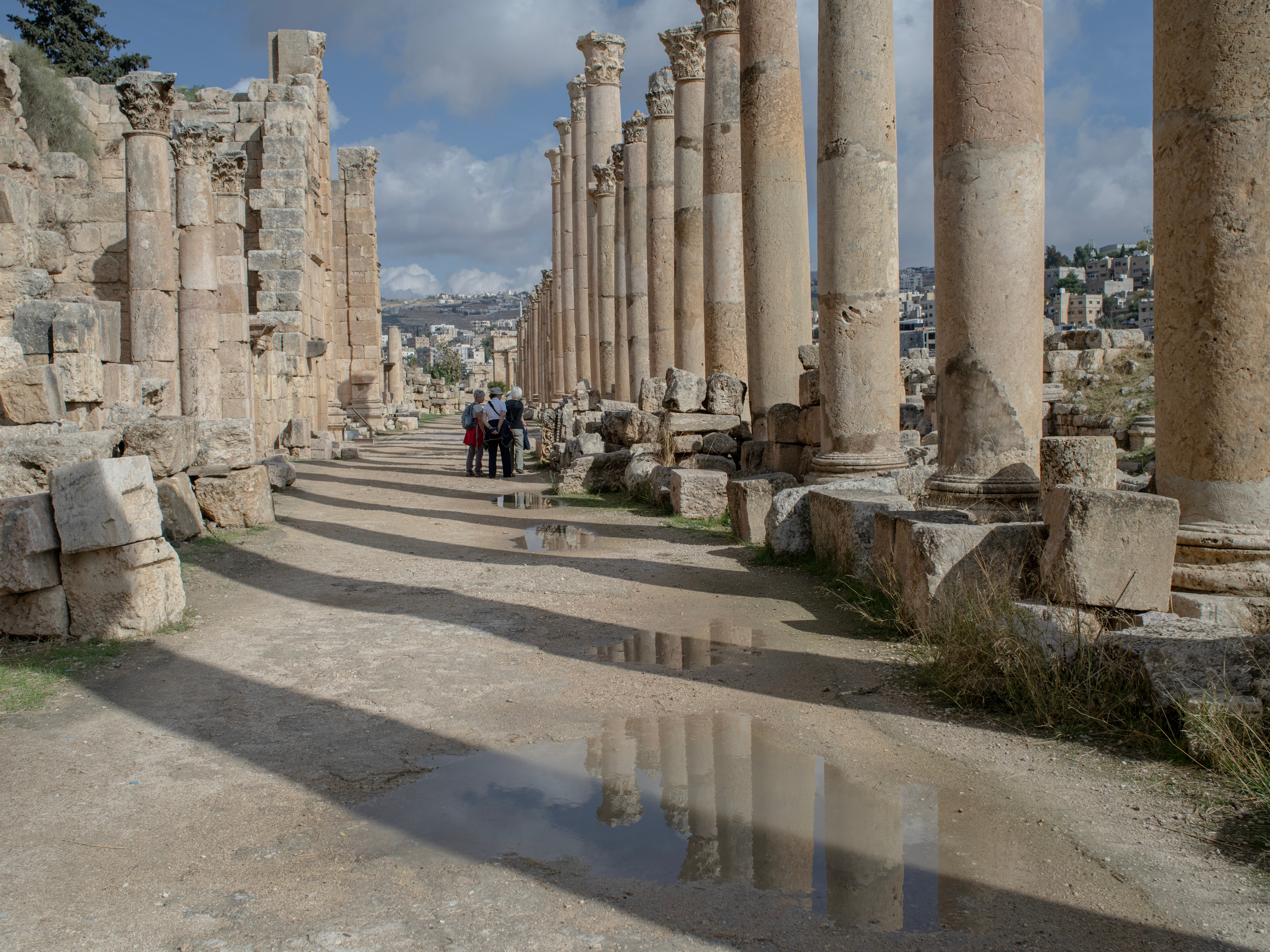
Atmeh has been working as a tour guide in Jordan for the past two decades. He said that nothing brings him more joy than telling foreign visitors about the long history and the splendor of this site.
But these are tough times for Atmeh and the thousands of others who work in the tourism industry in Jordan and neighboring countries. The war in Gaza has brought his business to a near standstill, he said: “I lost 80% of my job. I mean 80% of my reservations were canceled.”
Tours from the US, Europe and Australia were canceled one after another. People stopped coming.
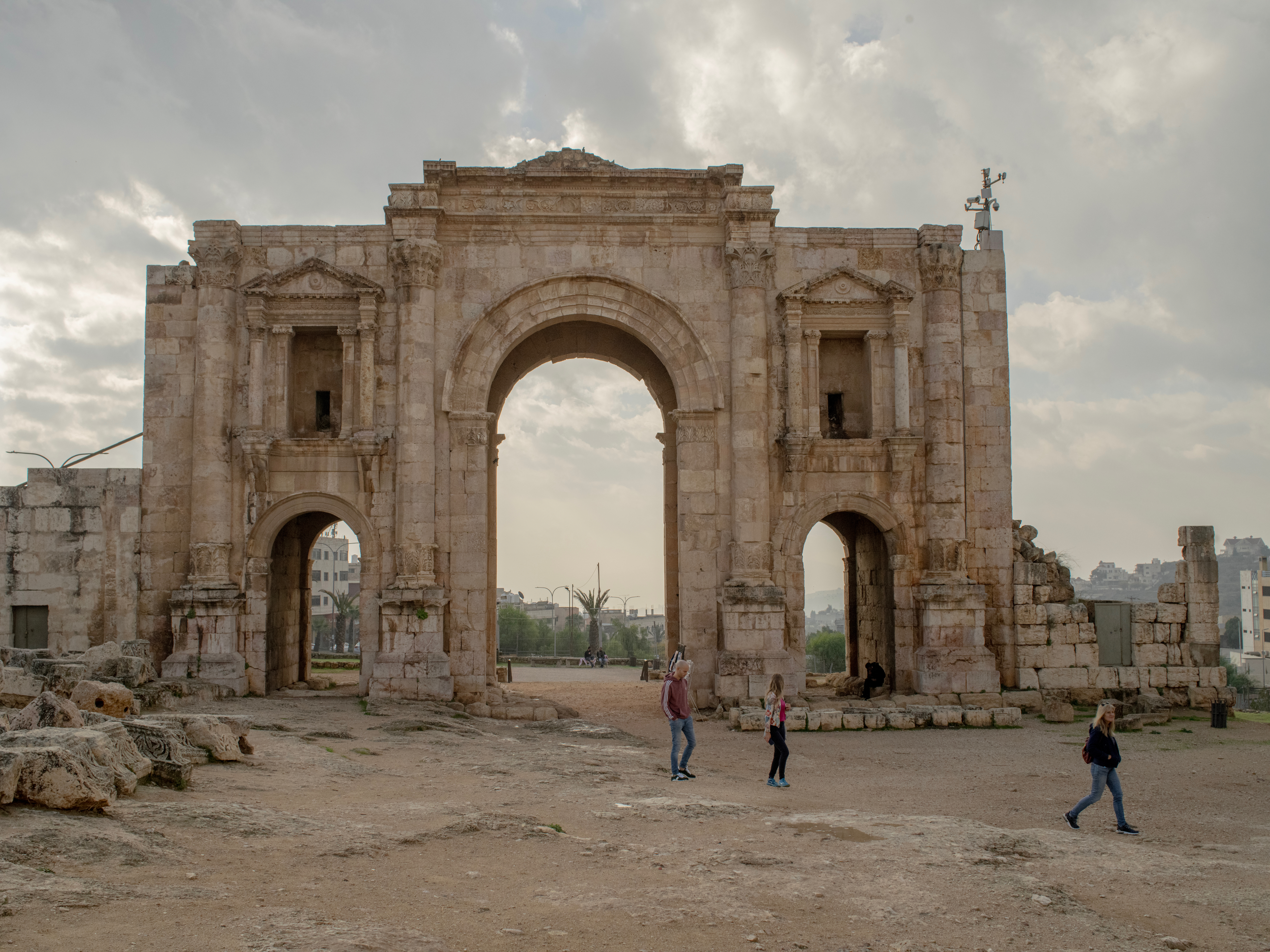
Atmeh has five kids and he said he’s struggling to provide for them. For him, what’s happening now brings back difficult memories of the early days of the pandemic, when he lost most of his assets.
“I had a car. I had to sell it. I had a house, I sold it. Many things … I had a piece of land also I sold. So, it wasn’t easy.”
Atmeh said that he’s worried about the weeks and months ahead, as there seems to be no end to the fighting.
Already, Jordan’s unemployment rate, as of last year, was about 23%, according to the World Bank.
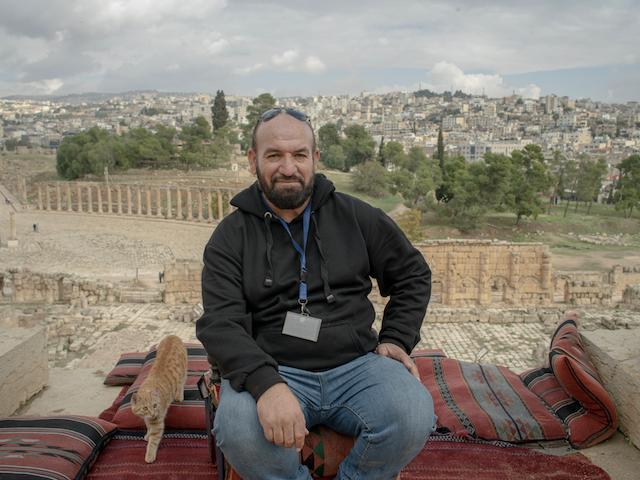
If tourists don’t come back, he said, it’s not like he can just find another job.
Tours here are typically part of a package that includes Jordan, Israel and Egypt. Conflict in one of them means that people cancel their whole trip.
Ben Julius is the founder of Tourist Israel, one of the largest tour agencies in Israel.
“From the beginning of the war, we saw an immediate drop, close to zero, from what was expected to be one of the best and busiest periods ever.”
In Israel, flights have been canceled, tourist sites have been closed and hotels have been empty.
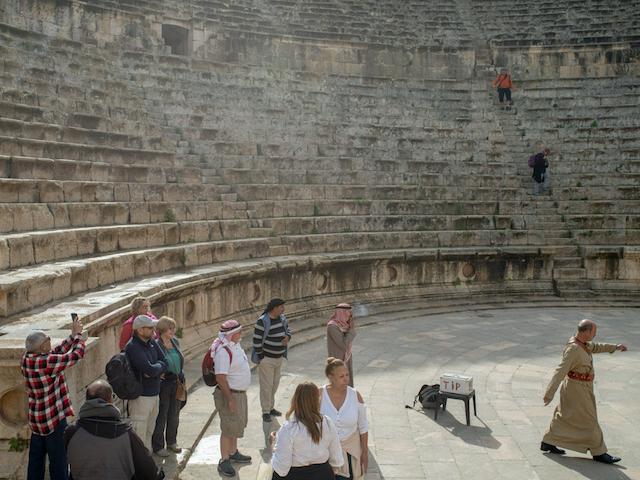
“It’s been very difficult for us. Around 70% of our team — we immediately had to send to furlough again. Many of them only came back into the tourism industry and back into the company in the last year because of the recovery from COVID.”
Julius operates tours in Egypt as well, and he said that they’ve had many cancellations there, too.
In Lebanon, the Christmas season is also shaping up to be a loss this year.
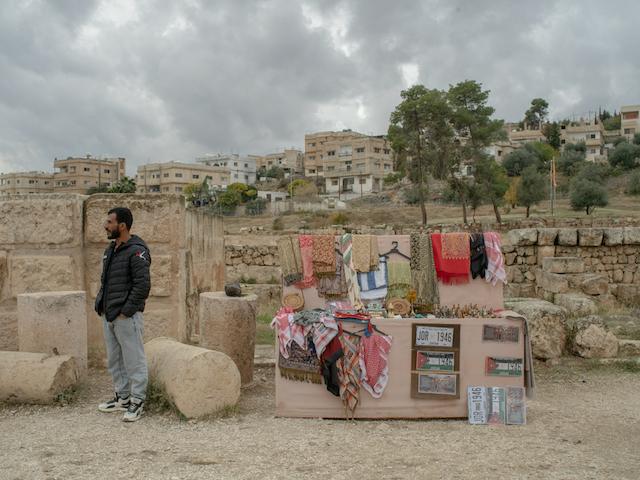
Juliuis is seeing signs of improvement for next year. He said that people are booking their trips in advance.
“That’s giving us a little bit of hope going into next year.”
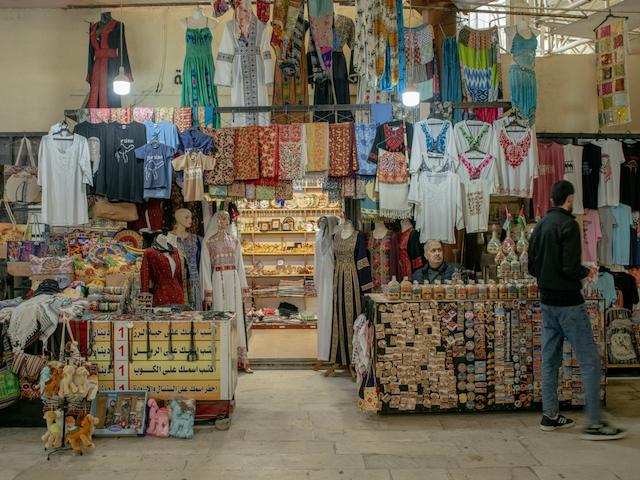
Meanwhile, back in Jordan, the minister of tourism, Makram Mustafa Queisi, predicts an even bigger drop in the number of tourists in the coming months if the war doesn’t stop.
“The problem is that people in the West and elsewhere, actually, when they look at the map, they don’t differentiate between Jordan and the neighboring countries. People don’t understand that we are not in a war zone.”
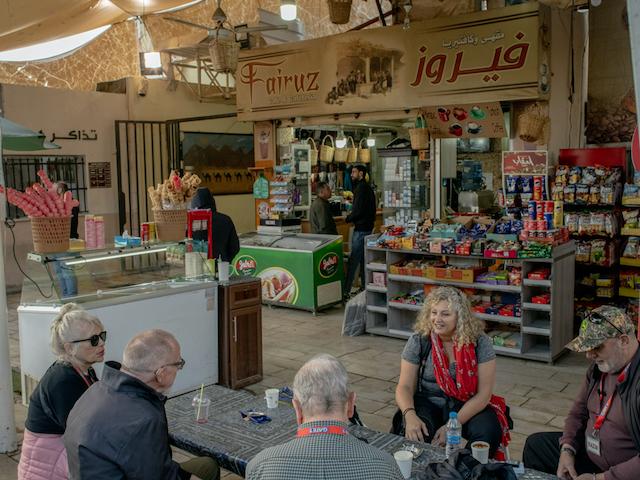
He said he wants to change that perception and help people understand that Jordan is a safe place to visit.When tourists don’t come, he said, that affects a wide swath of the economy.
“We talk about the bus drivers for example, we speak about restaurants, we speak about hotels, we speak about the tour operators, and the people who work with the tour operators.”
For tourism to survive, he said, this region needs stability and security.
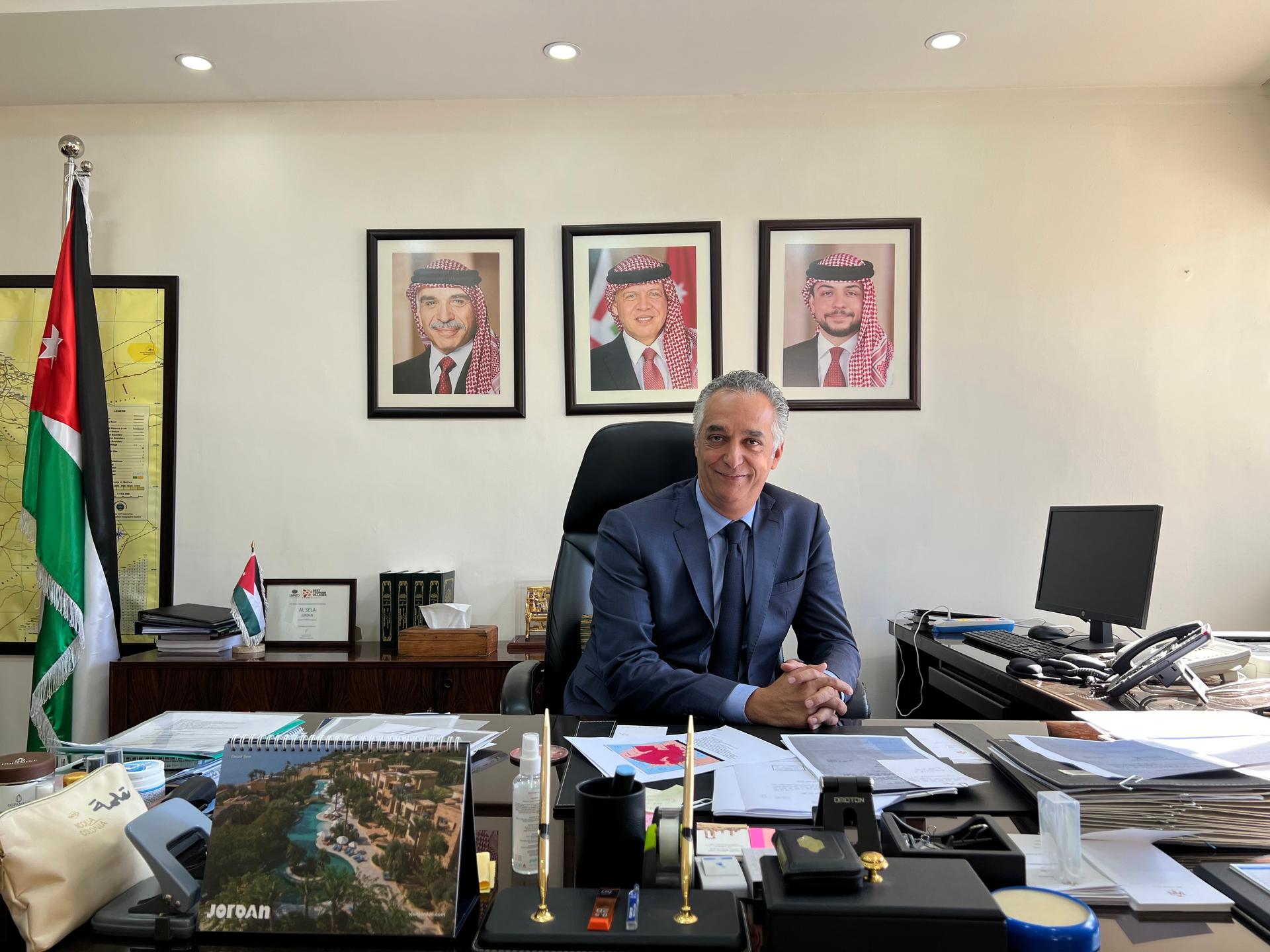
“This aggression has to stop because at the end of the day there’s no winner.”
In the meantime, Jordan is using this unexpected break in tourism to renovate some of its historical sites.
